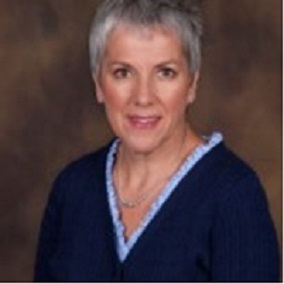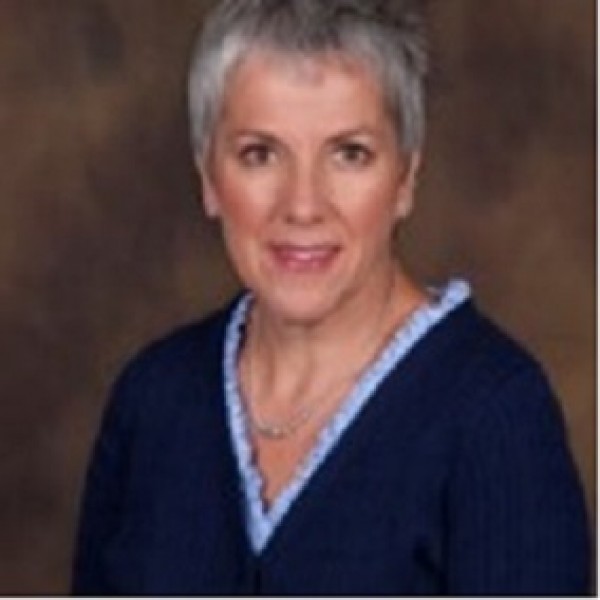 Intern Debbie McCulliss describes how she became with The Doctor T.J. Eckleburg Review and her interest in writing.
Intern Debbie McCulliss describes how she became with The Doctor T.J. Eckleburg Review and her interest in writing.
Q) How did you learn about Eckleburg?
Debbie McCulliss: I took a class with Rae Bryant (Editor-in-Chief of Eckleburg) my second semester in the MA in Writing Program at the Johns Hopkins University. I wanted to take her class, because I wanted to learn about literary magazines and publishing. The class was AWESOME. I was introduced to experimental writing and visual art for the first time. My perception about what writing is has changed. Rae exposed us to a variety of magazines and various styles of writing. Being from Denver, my participation in the class was online. A highlight happened after submitting an optional assignment; the boldest writing I’ve ever done. Within minutes, Rae wrote me an email: “Eckleburg would be honored to publish this piece.”
Q) What genres do you write?
DMC: Non-fiction, memoir, and poetry, but mostly I’m an academic writer. Most recently I’m tackling writing literary essays and weaving memoir and literary journalism together.
Q) What are your favorite things to write about?
DMC: Poetry in medicine, environmental medicine, narrative medicine, and memoir. After spending 30 years practicing as a registered nurse in hospital patient-care, program development and consulting, I became a certified applied poetry facilitator. My writing is based on my life experiences, finding the larger emotional story in each story, and my desire to teach others about subjects of interest through research and reflection.
Q) What have been one or two of your favorite pieces you have seen in Eckleburg so far?
DMC: The poem, “The Korean Bathhouse” by Julia Kolchinsky Dasbach, prose by Chris Mazza and the visual art by Chas Schroeder and Jacob Oet.
Q) What are some publications you have/accomplishments you want to share?
DMC: My publications have appeared in Journal of Poetry Therapy, Studies in Writing: Research on Writing Approaches in Mental Health, Women on Poetry: Tips on Writing, Teaching and Publishing by Successful Women, Statement CLAS Journal, The Journal of the Colorado Language Arts Society, and Red Earth Review.
Q) How do you approach writing?
DMC: Writing is breath. Being my age, I’ve got plenty of stories and curiosities. I approach academic writing cognitively versus exploring larger human themes that a reader can relate to in my nonfiction literary essay writing. Both demand excellence of craft, intellectual discourse, and attention to the reader’s experience.
Q) In 5 words or less, describe what kind of a journal you think Eckleburg is.
DMC: Experimental and raw.
Q) Anything else you want to share about yourself?
DMC: I taught “Body Stories,” “Body Poems,” and “Writing from the Body” for the Therapeutic Writing Institute in Denver. The summer of 2011 I did five triathlons, my first.
Debbie McCulliss is a student at the Johns Hopkins University’s MA in Writing Program. She has an MSN, and her interests in writing and medicine range from poetry in medicine to environmental medicine. Originally from upstate New York, she’s lived in Colorado since 1977. Her passion is writing.

